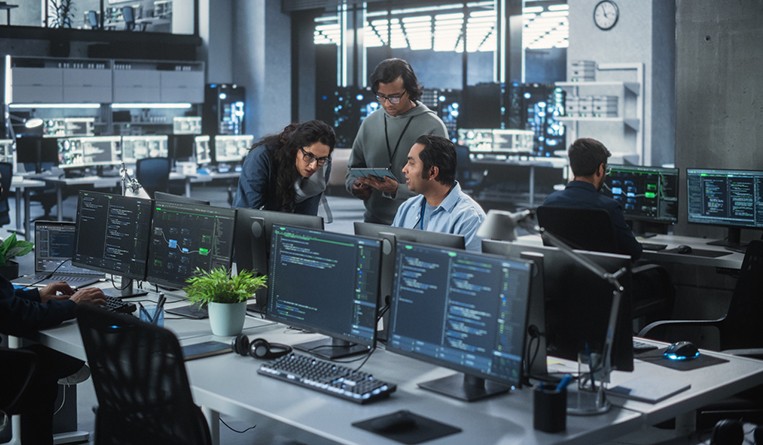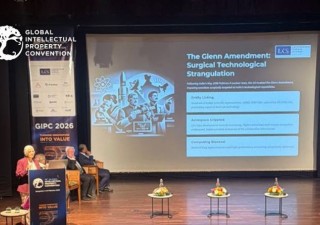Indian gov’t says country’s existing IP regime can protect AI-generated works
22 March 2024

On February 9, 2024, India’s Ministry of Commerce and Industry announced that the country’s current legal framework for patents and copyrights is capable of protecting AI-generated works and related innovations. Hence, it is not necessary to develop separate rights for AI-generated works.
According to a press release issued by the Ministry of Commerce and Industry, India’s Copyright Act, 1957 provides adequate and effective civil measures and criminal remedies for infringement activities, including digital circumvention.
To determine if the existing legislation is indeed adequate enough to adapt to emerging technologies such as AI, Gautam K.M., a partner at Krishnamurthy & Co in Mumbai, said it is important to understand the definitions of “author” and “owner” and how these terms may be understood in relation to AI-generated content.
Under the Copyright Act, 1957, an author, generally speaking, is defined as the “person who causes the work to be created.” Under Section 2(d)(i) to (v) of the act, said author may be the author of a literary or dramatic work, a producer of a cinematograph film or sound recording, a person taking a photograph, a composer or artist. It could also be a person who causes a computer-generated literary, dramatic, musical or artistic work to be created.
“While a simple reading of these definitions can give an impression that it is not specifically necessary for a human author to be involved in granting authorship to such works, the courts in India have taken a different view that only a natural person can claim authorship on the works created and protected under the act,” said Gautam. “Considering that AI systems cannot be classified as natural persons, there does seem to be a disconnect in the legislation and the judiciary when it comes to interpreting authorship in relation to works.”
As for the term “owner,” Gautam said that Section 17 of the Copyright Act, 1957 provides distinct instances of ownership of protectable work when made under a contract of service or apprenticeship for artificial persons such as the government and international organizations. However, Indian courts have not extensively discussed and provided their position on the subject of ownership of AI-generated content.
“The need for such jurisprudence goes beyond establishing the author and owner of copyrighted works. The applicability and enforceability of such right also needs to be established. It is important to note that AI is neither a natural person nor a juristic entity that can neither enjoy all the benefits provided under the act, including moral rights, nor be held liable or penalized for any unauthorized use within the current structure. In the case of AI, the legislature will have to analyze the scope and nature of these new-age technologies and amend the legislation accordingly,” said Gautam.
As an example, he cited the registration of the two-dimensional artwork Suryast, which Ankit Sahni made using the RAGHAV Artificial Intelligence Painting App (RAGHAV); he listed himself and the AI tool as the authors. According to Gautam, it isn’t possible to determine the term of protection of copyright because Section 22 states that it covers the author’s lifetime plus 60 years calculated from the beginning of the calendar year following the year of the author’s death. In the case of joint authorship, the term of 60 years shall be calculated based on the author who dies last.
“By the plain reading and literal interpretation of Section 22, it would mean that the said work would never be available in the public domain as, unlike humans, AI is immortal. In the event the current legislation is not amended to accommodate the dynamic nature of new-age technology, then AI could enjoy copyright perpetually, whereby going against the true intent of the legislation.”
- Espie Angelica A. de Leon






